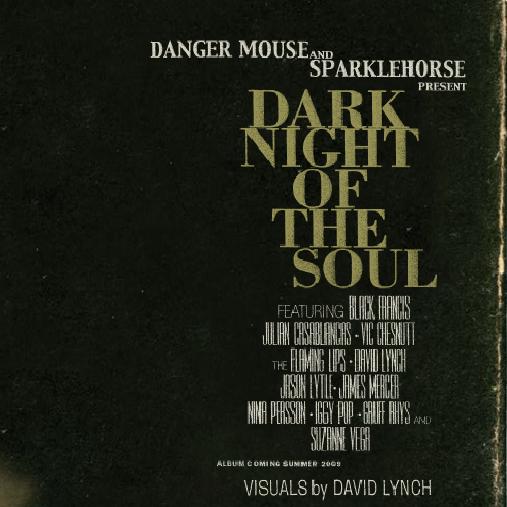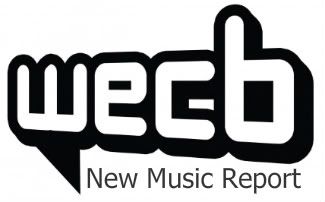
By the time it was released, Dark Night of the Soul became much more significant than it was when the Danger Mouse and Sparklehorse collaboration project started. The record almost never came out due to a legal dispute with EMI. Instead, it was available online in the form of a photo album by David Lynch and a blank CD-R with a note instructing customers to “Use it as you will.” Coincidentally, it ended up being Sparklehorse mastermind Mark Linkous’s first posthumous release, as it finally hit shelves only a few months after his suicide.
Sparklehorse, Danger Mouse, and friends (of The Strokes, Neutral Milk Hotel, Flaming Lips, and Pixies fame, to name a few) achieve an elusive balance that some musicians spend their entire careers striving for, often driving their careers into the ground in the process: the balance between simplistic, affective songwriting and intricate, ear-challenging arrangements that sometimes tend to undermine the purpose of a song.
And there are, perhaps, no bookends so evenly matched for such a scale as Sparklehorse, with Linkous’s neo-minimalist keyboard lines and effortlessly satisfying guitar voicing’s, opposite Danger Mouse’s borderline-absurdist electronic backdrops.
The album begins with the tight-lipped “Revenge,” dripping with Sparklehorse’s signature melancholy pulse and topped off with distant twinkles and excessive reverb and delay on the vocals. “Jaykub” pairs a simple acoustic guitar progression with a slightly off-kilter and overemphasized drum beat as the impeccably cute vocal melody and simply perfect guitar lines in the chorus tie the unlikely components closely together.
A pair of somewhat uncharacteristic hard-rockers, “Angel’s Harp” and “Pain,” follows to kick up the album’s energy and down its seemingly pigeonholable walls. Faintly reminiscent of Sparklehorse’s “Piano Fire,” the two guitar-heavy tracks form a refreshing sandbar in the middle of a vast sea of downer songs. “Star Eyes” drags the album’s mood back down as its almost “Sip The Wine”-esque arpeggio seems to try to tug tears out of the listener’s eyes.
“Everytime I’m With You” employs a dreary, slow-motion hip-hop rhythm and a mantle-shaking bassline to haul the listener into the eerie picture Grandaddy’s Jason Lytle paints as he sings, “Every time I’m with you I’m fucked up, and you are too / Well what the hell else are we supposed to do?” The album ends with the title track, an oppressively gloomy number that emanates off its grainy piano line like smoke under a flickering street light in a foreboding dark alley.
It’s a grim finale, discographically speaking, to an album that would tragically be Linkous’s last. Even though most of the voices on the album are not Linkous’s, it somehow still translates the impalpable sense of scenic glumness Sparklehorse spent fifteen years creating and recreating. With Danger Mouse’s lavish electronic ornaments dangling from Sparklehorse’s sturdy branches of downtrodden pop, Dark Night of the Soul will be here for a long time to come.

No comments:
Post a Comment
Agree? Disagree? Tell us, we can handle it.